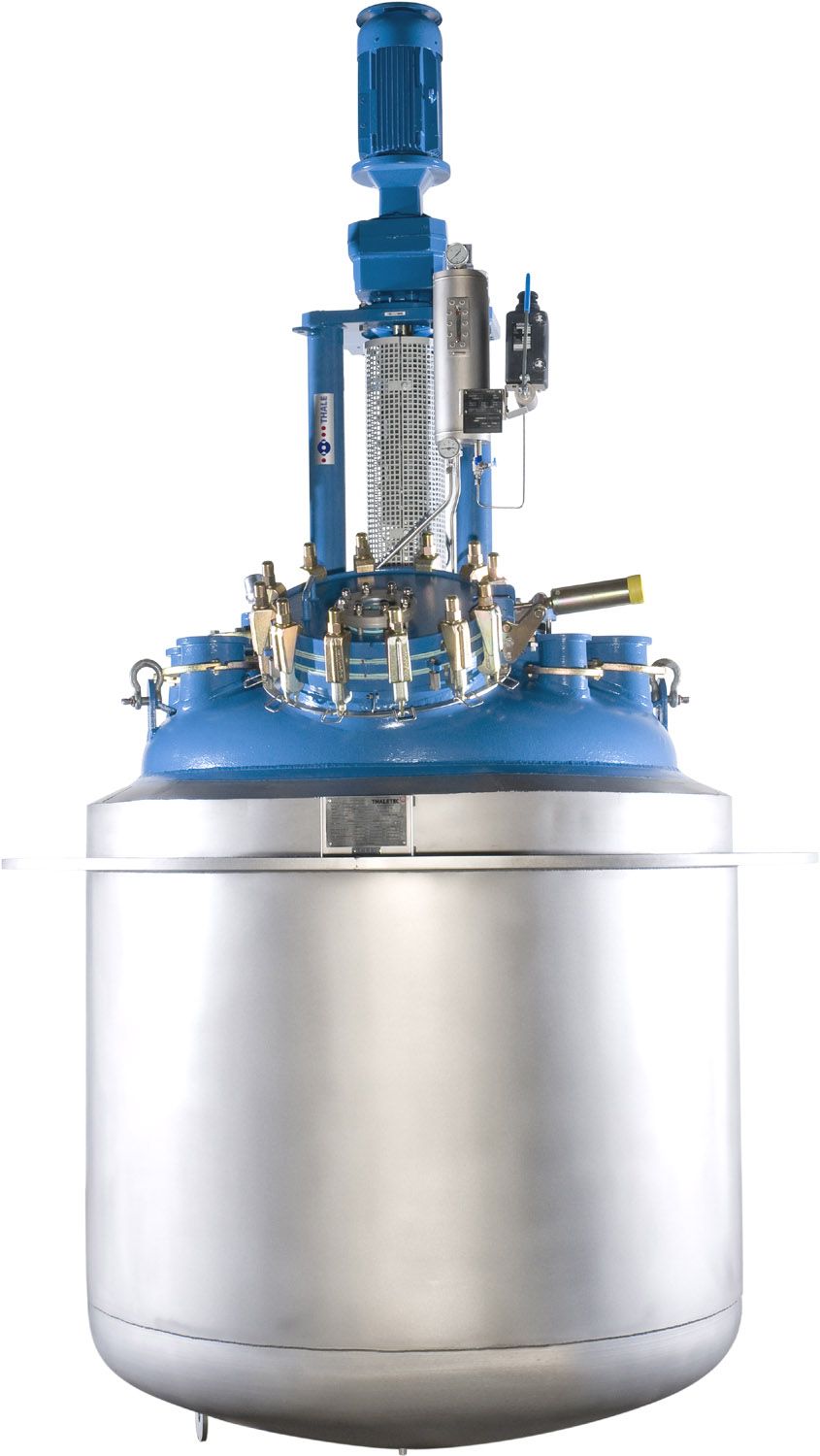Advantages of Using Glass-Lined Mixers in Industrial Applications
Glass‑lined mixers offer a powerful combination of chemical resistance, operational safety, and long-term cost efficiency. In this guide, we explore how glass‑lined mixing technology delivers outstanding value across corrosive processing environments in pharma, chemicals, food, and specialty industries.
Why Glass‑Lined Mixers Are Ideal for Industrial Applications
Glass‑lined mixers consist of steel vessels or agitator systems with an internal borosilicate glass coating. This fusion delivers structural toughness while providing a chemically inert, smooth mixing surface. The dual-material design supports aggressive chemistries and simplifies cleaning—all while extending mixer lifespan and maintaining product purity.

Unmatched Corrosion Resistance & Chemical Purity
One of the most significant benefits of glass‑lined mixers is their superior corrosion resistance. The glass lining shields the metal substrate from acids, bases, solvents, and oxidizers—common in chemical, pharmaceutical, and food operations. As a result, glass‑lined systems prevent metal leaching and maintain chemical purity over long batch campaigns—a critical advantage over stainless steel or alloy mixers.
Sanitary, Cleanable, and CIP/SIP Compliant
The smooth, non‑porous surface of glass lends itself to easy cleaning and sterilization. Glass‑lined mixers are ideal for clean-in-place (CIP) and steam-in-place (SIP) protocols, making them popular in regulated environments like pharma and food processing. They resist residue buildup and support rapid batch changeovers, reducing downtime and contamination risks.
Thermal Stability & Resistance to Shock
Glass-lined mixers excel at handling thermal change. They can tolerate rapid temperature shifts without cracking, unlike some metal or plastic mixers that may warp or degrade ddpsinc.com. This thermal resilience ensures that processes involving heating or cooling—such as crystallization, polymerization, or neutralization—remain safe, efficient, and reliable.
Mechanical Design & Agitation Flexibility
Glass-lined agitation systems integrate all-matching glass-lined impellers, shafts, and baffles, enabling full inert mixing from vessel to drive systems. Special connection methods such as CryoLock and ElcoLock (glass-on-glass assemblies) allow multi-stage impellers to be installed or exchanged without damaging the liner. Fluid flow patterns and impeller tiers are optimized to deliver mixing goals effectively.
Enhanced Monitoring & Process Visibility
Many glass-lined vessels incorporate transparent or light-colored glass heads that allow direct visual monitoring of reaction or mixing behavior. This visibility helps operators confirm blending, foam formation, or phase changes in real time—without needing to break containment or open the vessel.
Long-Term Value & Lifecycle Benefits
Although glass‑lined mixers typically cost more upfront than standard stainless equipment, they offer longer service intervals and lower maintenance needs. The combination of corrosion resistance, inertness, and mechanical durability reduces equipment failures, maintenance closure, and replacement frequency—resulting in lower total cost of ownership over years of use
Application Examples Across Industries
- Pharmaceutical Manufacturing: Glass-lined agitators are ideal for API production, emulsions, and fermentation where trace contamination is unacceptable.
- Chemical Processing: Suitable for acid/alkali reactions, catalyst preparation, polymer synthesis, and high-purity blending.
- Food & Beverage: Safely process enzymes, flavor extracts, or dairy acids without metal contamination or fouling.
- Specialty & Fine Chemicals: Support strong solvents, dyes, or corrosive intermediates with full inert protection.
De Dietrich and Pfaudler glass-lined systems are widely adopted in these sectors due to consistent performance and regulatory compliance.
Key Limitations and Mitigations
- Not Suitable for Hydrofluoric or Strong Phosphoric Acid: Glass may degrade on exposure to certain chemicals—process compatibility must be checked.
- Careful Handling Needed: Avoid mechanical shocks, dropping impellers, or scratching linings, as imperfections can reduce service life.
- Custom Fabrication Constraints: Mixers involving extreme pressures or viscosities may require hybrid or alloy systems rather than full glass lining.
Choosing the Right Glass‑Lined Mixer
When specifying glass-lined mixing equipment, consider:
- Aggressiveness of chemicals
- Need for CIP/SIP protocols
- Temperature and pressure ranges
- Required visual observation or sampling access
- Agitator design: blade profile, tier count, seal type
- Standardization and spare parts availability (e.g., DIN-based construction)
Systems like Pfaudler’s ProSol agitation packages retain glass-lined benefits while enabling advanced fluid regimes and performance in challenging applications.
Conclusion
Glass‑lined mixers offer unmatched value when handling corrosive or purity-critical manufacturing processes. Their resistance to chemical attack, ease of cleaning, thermal toughness, and mechanical integration make them essential in demanding industrial applications—from pharmaceutical API production to specialty chemical blending. If you'd like help evaluating, specifying, or sourcing glass‑lined agitation and vessel systems for your operation, our team is ready to support you.
Reach out today to discuss how glass‑lined mixers can improve process reliability and product quality.

